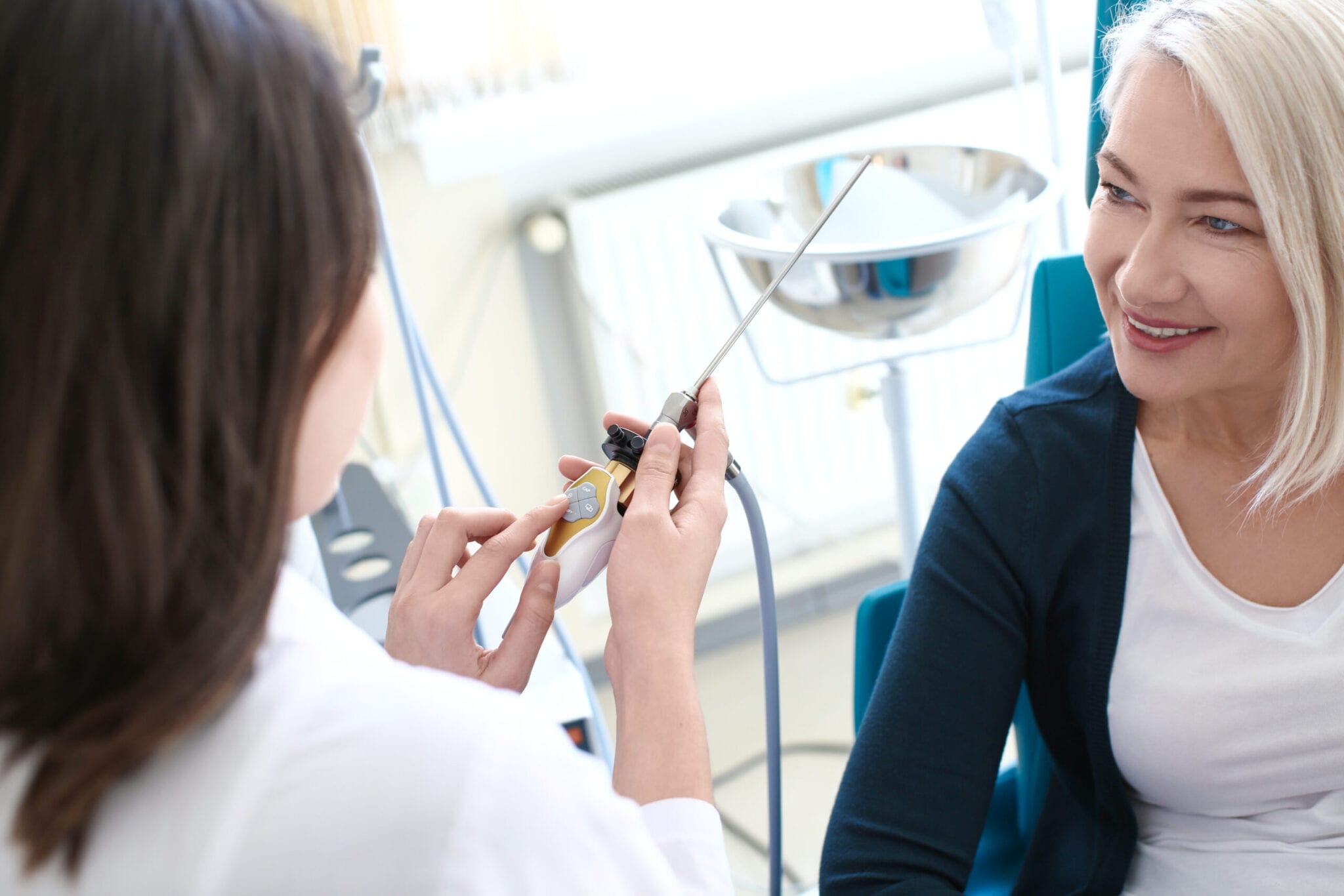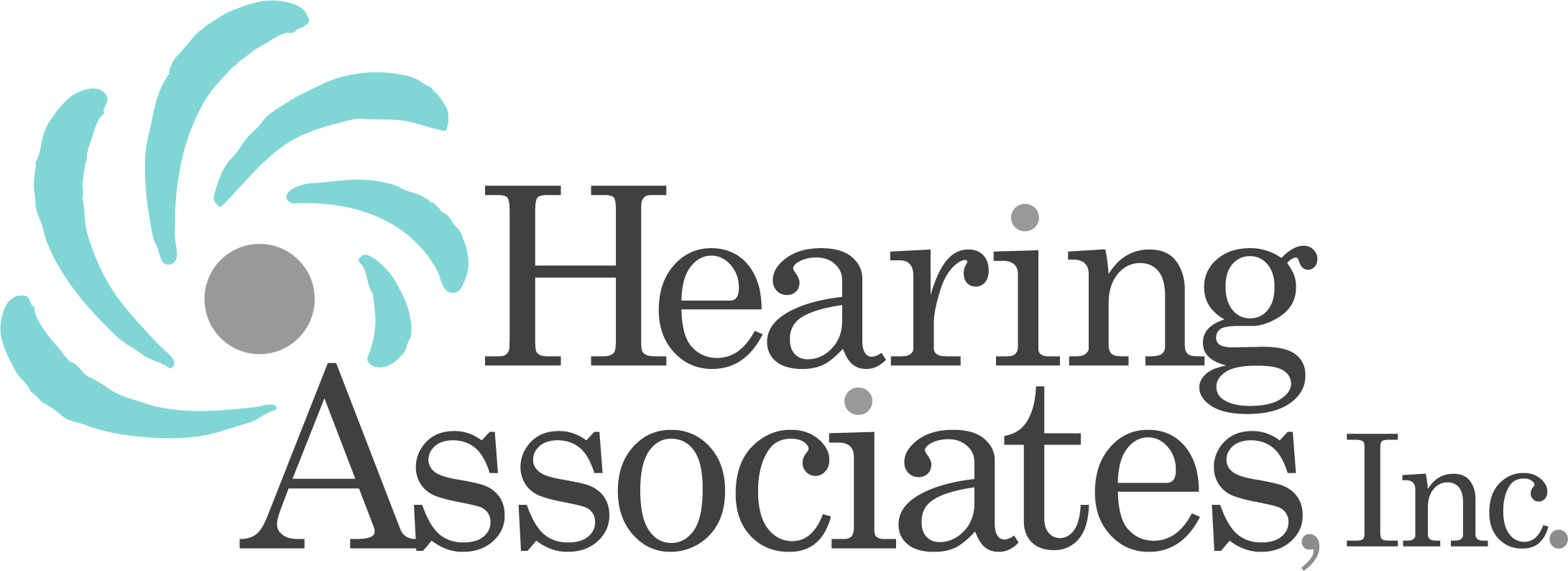HEARING ASSOCIATES
Balance – VEMP
VEMP Inner Ear Evaluation
If you’ve experienced dizziness, vertigo, or unsteadiness on your feet, then you are well aware of their debilitating and confidence-shattering effects on your daily life.
Whether you’re lying in bed and have the sudden sensation of the room spinning, leading to nausea or vomiting, or you’re more prone to falling or losing your balance than you used to be, you could be dealing with any number of conditions related to the vestibular dysfunction.
Vestibular dysfunction involves problems related to inner ear functions and other peripheral systems, or how your brain processes signals related to balance, both of which are cause for concern for our audiologists at Pacific Hearing Inc.
To assist us in diagnosing conditions related to dizziness, vertigo, and balance, so we can provide the best form of treatment, we use a new advanced technology known as VEMP (Vestibular Evoked Myogenic Potential) testing.
How can VEMP testing help?
Falls related to a loss of balance are responsible for about 50% of fall related deaths among the elderly, and about 90 million Americans complain about dizziness or vertigo during doctor’s visits each year.
Dizziness or faintness, feelings that the room or your surroundings are spinning around you, or losing your balance while walking or changing positions, are signs often related to vestibular dysfunction. VEMP testing is an advanced technology tool used to aid our audiologists in diagnosing the cause of dizziness, vertigo, balance disorders, and other forms of vestibular dysfunction.
VEMP test results are used to help identify the causes of your dizziness, vertigo, or balance disorders so that we can apply therapy or treatment that targets your unique condition

Symptoms of Balance Issues
When there are problems in the inner ear, you might begin to experience balance problems, dizziness, vertigo, and even nausea. In some instances, you might feel like you are moving when you are sitting still. Some people with inner ear issues struggle to stay upright or get motion sickness even when they are standing still. These issues complicate your capacity to move around or sit up. In some cases, an inner ear issue can produce severe vertigo even while you are lying down.

How Are Hearing Loss and Balance Issues Related to Each Other?
Although not always the case, balance issues can be tied to hearing loss, which is among the reasons Hearing Associates’ audiologists concern themselves with treating balance issues. Not all people with balance issues have a hearing loss and not all individuals with a hearing loss have balance issues, but there are a couple of conditions we treat, which contribute to both.
Frequently Asked Questions About VEMP Testing
The VEMP test procedure is relatively simple. After attaching sticker electrodes to your head and neck, seating you in a reclined position, and inserting headphones into your ear canals, your audiologist will ask you to turn your head and contract your neck muscles, and face forward and raise their gaze 90 degrees upward.
As you do these, you will hear tapping sounds
The reflex response of those tapping sounds are what is being measured during a VEMP test.
Once testing is finished, your doctor of audiology will present you with the results, explain what they mean, and discuss therapeutic options or interventions to improve your condition.
1. How do I prepare for VEMP?
VEMP test preparation is important in order to get the best and most accurate results. Eating prior to the test is okay, but you’re advised to eat only a light meal. Similar to other balance-related tests, the consumption of medications, drugs, or alcoholic beverages within the 48-hours prior to testing may produce inaccurate results.
We recommend wearing loose fitting clothing for your comfort during testing, but refrain from applying skin lotions, moisturizing creams, makeup, mascara etc., to your face the day of the testing.
2. Is the VEMP test safe?
VEMP stimuli have the potential to cause NIHL (noise induced hearing loss) due to high sound exposure levels, but our audiologists are well aware of the risks and use safety protocols to prevent this risk to our patients.
3. What does the VEMP test diagnose?
The VEMP test determines if the utricle, saccule and, superior/inferior vestibular nerves are intact and working properly. When functioning correctly, they work together to send signals to the muscles of the eyes in response to head movements. Improper function leads to a diagnosis of either a peripheral vestibular dysfunction or a center vestibular processing dysfunction.
4. What does VEMP measure?
A VEMP test applies repetitive sound stimulus to one ear and then averages the reaction of the muscle activity or reflex response to each sound click or pulse. These reflexes are known as the vestibular evoked myogenic potential, which is what is measured by the test.
5. How long does a VEMP test take?
VEMP tests typically take 30-45 minutes.
Balance Disorder Treatment
Balance disorder treatments depend upon the cause and severity of the condition. Infections can be treated by antibiotics while Meniere’s disease and other illnesses require other forms of medication.
Most of our patients respond well to vestibular rehabilitation therapy (VRT). VRT is a series of exercises designed to help desensitize their balance system in relation to certain movements, allowing them to move around without triggering their vertigo. Although VRT does not solve all of their problems, it does help prevent falls and makes vertigo easier to live with.

Give Us a Call
If you struggle to maintain your balance or experience periods of vertigo or nausea, which seem to show up out of nowhere, you could be experiencing balance issues related to problems with your inner ear. The audiologists at Hearing Associates are experts in identifying and treating balance issues. To take advantage of our expertise, give us a call to schedule a consultation or balance assessment.
